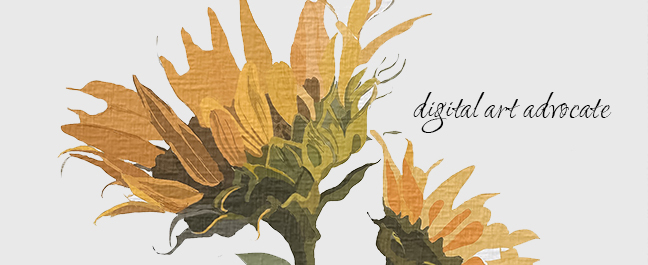Accidental Ancient Customs on Good Friday
 Friday, April 6, 2007 at 03:48PM
Friday, April 6, 2007 at 03:48PM

It is Good Friday, the holiest day of the Christian Year, and if you are like me you find incredible beauty in the starkness of it all. The cross veiled in black, the stripped altar, the lack of pretense in anything we do, the leveling of the playing field, the scripture, the chants, the Spring beauty surrounding all of this observance of Christ's death.
Our office is closed for Good Friday, so it is no problem attending a noon Good Friday service. Around my church we tend to clean up before Easter, mostly on Easter Even when we flower the nave. But a few years ago I got to hankering to orange oil the altar on Good Friday, something not typically done. Our altar, a memorial to a rector from 1870 - 1880 and his wife, is a solid wood treasure that is fully seen only when stripped after the Maundy Thursday service. So it has now become something of a tradition for me and several of my friends to go over with our orange oil and rags and clean the altar and the chancel furnishings. Only later did I learn that it is customary to clean altars on Maundy Thursday, called "Clean Thursday" with water and wine (from the book Encyclopedia of Easter, Carnival, and Lent by Tanya Gulevich):
"In some churches the altar is ceremonially stripped of all its cloth coverings at the end of Maundy Thursday services. Other cloth hangings are also removed. This stripping leaves the church with a stark appearance, thus preparing it for the mournful services that take place the following day on Good Friday. It also gives those in charge of cleaning and decorating the church an opportunity to wash everything thoroughly in preparation for Easter. This custom fits well with the day's nickname, "Clean Thursday," although most writers believe that this name came about from an old tradition encouraging people to bathe and clean their clothes on Maundy Thursday in preparation for Easter. In the Middle Ages the floors and walls of the church were scrubbed on Maundy Thursday. Moreover, altar tables were ceremonially washed with water and wine, an act that symbolized Christ's blood washing the world clean from sin."
It is a peculiar thing to find oneself doing something, only afterward to learn that it is an ancient custom. It is a calling to join the grief and hope of the communion of saints and actually become an active participant in this event which, when relived, is experienced in a newer realer way. Sometimes these little things blow me away and make me certain that I am part of something very, very mysterious and powerful at its core.
 Sacred Time
Sacred Time 

Reader Comments (1)
If you want download avatars for you, click link below
http://avatarsforyou.net